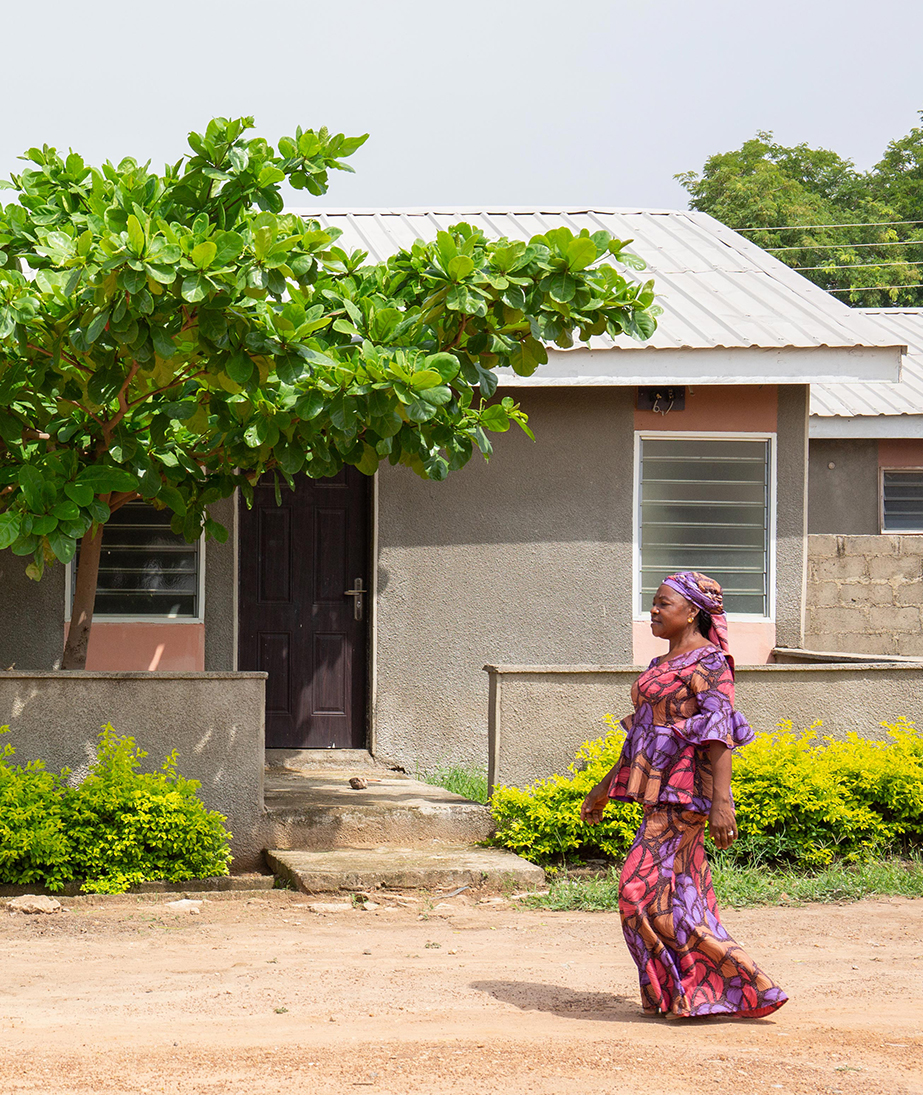%
Public and private sector investment catalysed
Prior to COVID-19, there was a USD 2.5 trillion annual funding gap to achieving the UN’s Sustainable Development Goals. Estimates suggest that the fallout from COVID-19 is expected to set the Sustainable Development Goals back by over 30 years, amplifying the need to source additional funds.
Impact investing offers an opportunity to build social impact directly into investments, and as more organisations recognise the growing link between financial markets and social change, so increases the need for mechanisms and vehicles that allow investors to take action through addressing social, environmental, or developmental challenges around the world.
Our capital advisory team is at the forefront of the impact investing industry, exploring boundaries, assessing where there is room for growth, and creating opportunities to attract capital to address global challenges at scale.
CASE STUDY
IMPACT – Investment Mobilisation for Prosperity and Catalytic Transformation
Location: Sub-Saharan Africa and South Asia Client: Foreign, Commonwealth & Development Office (FCDO)
Launched in 2013, the IMPACT Programme aims to strengthen the impact investing sector and support investments and the distribution of capital into businesses reaching the underserved in some of the world’s poorest and most fragile markets. Against the backdrop of a tumultuous year, IMPACT’s work is more relevant than ever as that capital will assist in mitigating the effects of the pandemic on businesses and their stakeholders, accelerating their recovery, and better aligning with environmental and social needs.
This year, we established ten new partnerships to address specific barriers to growth and increase the distribution of impact capital in Sub-Saharan Africa and South Asia.
One such partnership, with Athena Infonomics, is developing an investment tool to assist investors in identifying and appraising investment opportunities in urban sanitation. While the tool is being developed following scoping and analysis of the Indian and Kenyan urban markets, it is being designed to apply to other emerging markets. The expected outcomes of the investment tool are to enable improved investment decision-making, lower barriers to accessing innovative finance within sanitation businesses, and improve the visibility of the sector (and SDG 6 more widely) as an impact investment destination.

